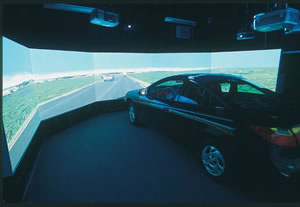Commercial Systems Versus Research
Comments on the use of commercial hardware or software in a university research context.
I’m so glad you asked! 🙂

Research according to the dictionary implies an investigation or collection of information. Research in science and engineering often also involves building or designing or trying something new that has never been considered before. If you purchase a closed commercial system as the platform upon which to do your research there are many risks:
- Risk that the system won’t do all that you need it to do.
- Risk that you won’t be able to get the level of internal access you need with the code, risk that even if you do get some access to the code, making your needed changes could be difficult to impossible.
- Risk that if you do get access to the code, you will find it has been outsourced and may exactly meet the manufacturers requirement specs, but not be close to the level of quality you were hoping for.
- Risk that the vendor will say “oh, no one has ever wanted to do that before, or no one has ever wanted that many of “XYZ” before)
- Risk that the vendor will go out of business, discontinue the product, or radically alter the pricing structure.

There are risks and costs associated with developing code or hardware in house as well. There are risks using open-source code developed by others who don’t necessarily share your own priorities. You have to balance all the factors together and make a decision that considers everything together.
But my advice for a research program is to pay close attention to the “openness” and flexibility of the system that you are considering to support your research. The goals and priorities of commercial systems can be at odds with the needs of a research program.